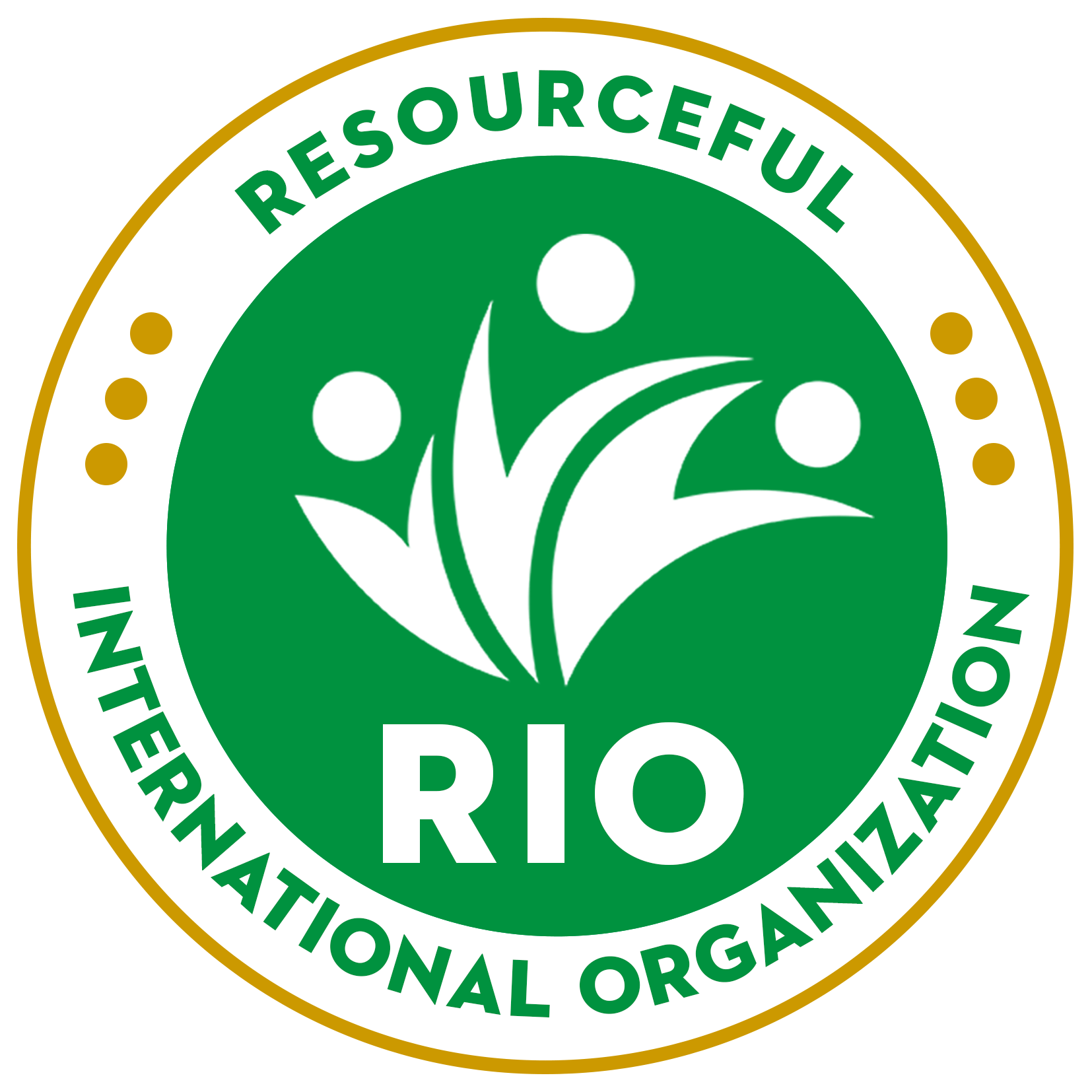Our Solutions
Solutions
We provide solutions for maximizing cooperate value and establishing competitive priorities as well as setting basic concepts for realizing strategic objective. Resourceful International Organization aim is to give a comprehensive understanding of the issues and techniques of operation management, and to help clients get a great final result
FOOD SECURITY AND LIVELIHOODS
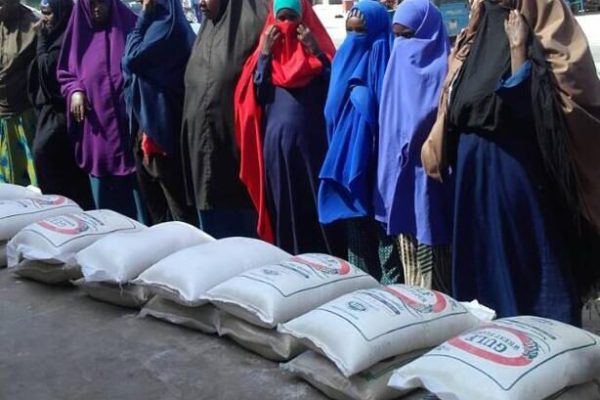
RIO recognizes that food security and sustainable livelihoods are crucial for the well-being and development of communities. We focus on this thematic area because it directly links to several Sustainable Development Goals (SDGs) set forth by the United Nations, including SDG 1 (No Poverty), SDG 2 (Zero Hunger), SDG 8 (Decent Work and Economic Growth), and SDG 13 (Climate Action).
Climate change poses significant challenges to food security and livelihoods, particularly in vulnerable regions. Rising temperatures, erratic rainfall patterns, and extreme weather events disrupt agricultural production, leading to crop failures and reduced incomes for farmers. Additionally, resource-based conflicts, such as disputes over land and water, exacerbate food insecurity and result in the loss of livelihoods.
To tackle these challenges, RIO implements a multi-faceted approach. Firstly, we prioritize empowering communities through climate-smart agriculture techniques. This includes promoting sustainable farming practices, such as agroforestry, organic farming, and water-efficient irrigation methods. By equipping farmers with knowledge and skills in climate-resilient agriculture, we enable them to adapt to changing environmental conditions and enhance their productivity.
Furthermore, RIO recognizes the importance of income diversification and economic opportunities beyond traditional agriculture. We support income-generating activities that leverage local resources and promote entrepreneurship. This may involve training individuals in value-added processing, such as food preservation and small-scale agribusiness, allowing them to add value to their agricultural products and access higher-value markets.
Access to markets is a critical aspect of promoting food security and livelihoods. RIO works to establish market linkages, strengthen local value chains, and facilitate access to fair and equitable markets for farmers and producers. By connecting communities with broader markets, we help them secure better prices for their products and improve their overall economic well-being.
Resource-based conflicts are common in regions affected by food insecurity and livelihood challenges. RIO employs conflict-sensitive approaches to address these conflicts, engaging with local communities, authorities, and stakeholders to find peaceful and sustainable solutions. We promote dialogue, mediation, and capacity-building initiatives that foster cooperation and shared management of resources, reducing the likelihood of conflicts and promoting peaceful coexistence.
Moreover, RIO understands that community empowerment is vital for sustainable development. We involve communities in decision-making processes, encourage the participation of women and marginalized groups, and provide training and capacity-building opportunities. By empowering communities, we enable them to take ownership of their development, build resilience, and create sustainable change from within.
RIO’s focus on food security and livelihoods is driven by the urgent need to address hunger, poverty, climate change, and resource-based conflicts. Through climate-smart agriculture, income generation, market access, conflict resolution, and community empowerment, we strive to enhance food security, promote sustainable livelihoods, and contribute to the achievement of the SDGs. By empowering communities to be self-sufficient and resilient, we envision a future where individuals have access to nutritious food, stable incomes, and thriving livelihoods.
HEALTH AND NUTRITION
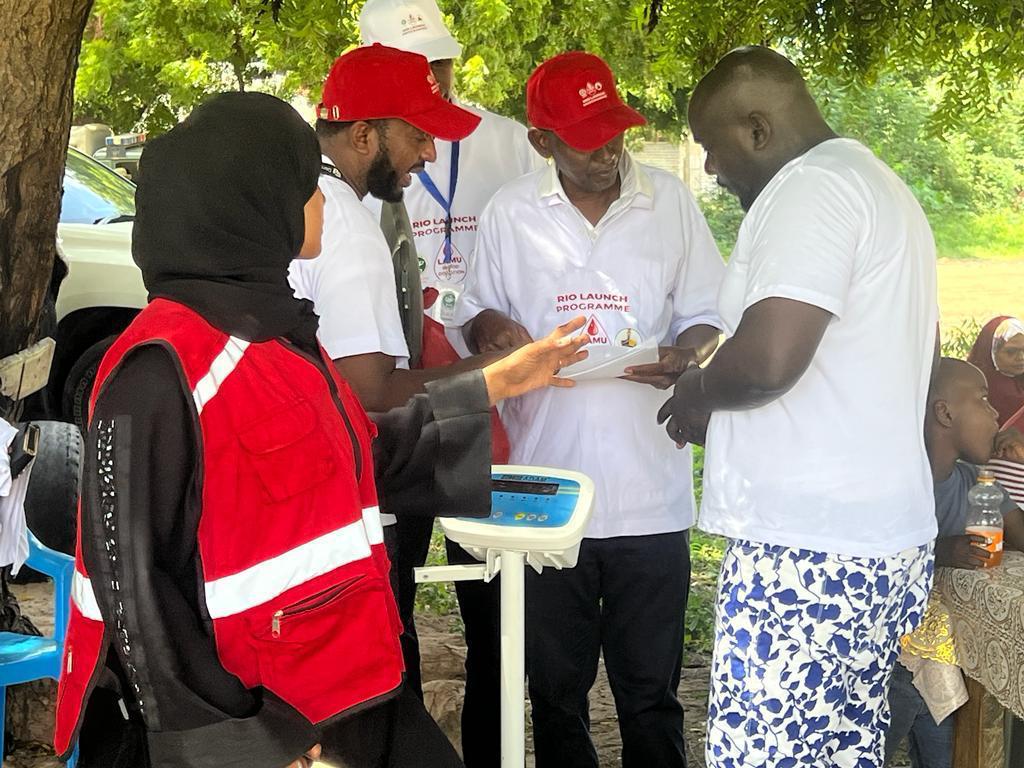
RIO recognizes that good health and proper nutrition are fundamental rights and essential for overall well-being and human development. We focus on improving health and nutrition outcomes, with a particular emphasis on vulnerable populations, including women and children. Our interventions aim to strengthen healthcare systems, enhance access to quality healthcare services, promote preventative healthcare practices, raise awareness on hygiene and sanitation, and combat prevalent diseases.
Improving healthcare systems is a critical aspect of our work in this thematic area. RIO collaborates with local authorities, healthcare providers, and communities to strengthen healthcare infrastructure, ensure the availability of essential medical supplies and equipment, and enhance the capacity of healthcare professionals. By improving healthcare systems, we aim to provide accessible and quality healthcare services to underserved populations, especially in remote and marginalized areas.
Enhancing access to quality healthcare services is a key priority for RIO. We strive to remove barriers that hinder individuals from accessing healthcare, including financial constraints, lack of transportation, and limited healthcare facilities. Our initiatives include establishing community health centers, mobile clinics, and outreach programs to bring healthcare services closer to the communities in need. We also support the training of healthcare professionals, including doctors, nurses, and community health workers, to ensure competent and compassionate care.
Preventative healthcare practices play a crucial role in promoting well-being and reducing the burden of diseases. RIO focuses on raising awareness and educating communities about preventive measures, including proper hygiene, sanitation practices, and disease prevention strategies. We conduct health campaigns, workshops, and training sessions to empower individuals with the knowledge and skills necessary to prevent the spread of diseases and maintain good health.
Hygiene and sanitation are integral components of a healthy community. RIO works to improve access to clean water and sanitation facilities, particularly in areas where these resources are scarce. We promote the construction of water sources, sanitation infrastructure, and handwashing stations, while also providing education on proper hygiene practices. By addressing hygiene and sanitation challenges, we contribute to the prevention of waterborne diseases and the overall improvement of community health.
Combatting prevalent diseases is a key aspect of RIO’s health and nutrition initiatives. We collaborate with local healthcare providers, governments, and international organizations to implement disease control and prevention programs. This includes initiatives focused on malaria prevention and treatment, HIV/AIDS awareness and prevention, vaccination campaigns, and maternal and child health programs. By addressing these diseases and promoting early detection and treatment, we aim to reduce morbidity and mortality rates, particularly among women and children.
RIO’s focus on health and nutrition is driven by the belief that access to quality healthcare, preventative practices, and proper nutrition are essential for individuals to lead healthy and productive lives. Through strengthening healthcare systems, enhancing access to healthcare services, promoting preventative measures, improving hygiene and sanitation, and combating prevalent diseases, we strive to improve the overall well-being of communities, particularly among vulnerable populations. Our goal is to create healthier communities where individuals have the opportunity to thrive and fulfil their potential.
GOOD GOVERNANCE AND PEACEBUILDING
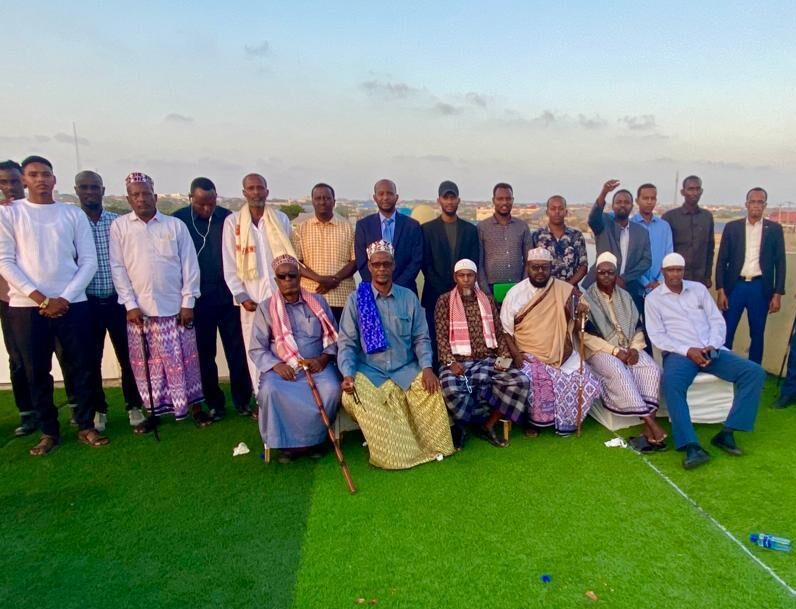
RIO recognizes that good governance and peace are essential for sustainable development and the achievement of the United Nations Sustainable Development Goals (SDGs). We understand that effective governance structures, transparency, accountability, and citizen participation are crucial for promoting social justice, reducing inequality, and fostering economic growth.
Through our good governance initiatives, we aim to strengthen institutions, promote the rule of law, and enhance public administration systems. We work closely with governments, civil society organizations, and communities to develop and implement policies and practices that ensure fairness, inclusivity, and equal access to resources and opportunities.
By fostering transparency and accountability, we contribute to the SDG 16: Peace, Justice, and Strong Institutions. We align our efforts with international legal covenants and declarations, such as the Universal Declaration of Human Rights, the International Covenant on Civil and Political Rights, and the United Nations Convention against Corruption, which emphasize the importance of good governance in upholding human rights, promoting social cohesion, and preventing corruption.
RIO also recognizes that countering and preventing violent extremism is crucial for promoting peace, stability, and sustainable development. As an NGO, we are committed to addressing this issue in alignment with international legal frameworks and resolutions. We acknowledge the following key resolutions:
- Security Council Resolution 1269 (1999): This resolution obliges states to cooperate in preventing and suppressing terrorist attacks and bringing the perpetrators to justice. RIO recognizes the importance of collaboration between governments, civil society organizations, and communities in countering violent extremism.
- Security Council Resolution 1373 (2001): This resolution requires states to implement effective counter-terrorism measures at the national level and enhance international cooperation in the fight against terrorism. RIO supports the implementation of comprehensive strategies that address the root causes of extremism, promote dialogue, and foster social cohesion.
- Security Council Resolution 1456 (2003): This resolution emphasizes that any measures taken to combat terrorism must comply with all obligations under international law, including international human rights, refugee, and humanitarian law. RIO is committed to upholding these legal obligations and ensuring that our interventions respect and protect the rights of individuals and communities.
- Security Council Resolution 1624 (2005): This resolution calls on states to prohibit incitement to commit terrorist acts, prevent such acts, and deny safe haven to perpetrators. RIO acknowledges the importance of promoting inclusive societies, fostering dialogue, and broadening understanding between civilizations to prevent the indiscriminate targeting of different religions and cultures.
Furthermore, RIO recognizes General Assembly Resolution 58/187 (2004), which emphasizes that measures taken to combat terrorism must comply with obligations under international law, including international human rights, refugee, and humanitarian law. We raise awareness among national authorities involved in combating terrorism about the importance of respecting these obligations.
In line with these resolutions and international legal frameworks, RIO focuses on the following strategies to counter and prevent violent extremism:
- Promoting inclusive governance structures: We work with governments and civil society to enhance transparency, accountability, and citizen participation. By promoting inclusive governance, we aim to address grievances, reduce marginalization, and provide opportunities for meaningful engagement.
- Building community resilience: RIO implements programs that strengthen social cohesion, promote dialogue, and foster understanding between diverse communities. We aim to create spaces for dialogue, empower local leaders, and encourage community-led initiatives that address the underlying causes of extremism.
- Providing alternative narratives: RIO supports initiatives that challenge extremist ideologies by promoting messages of tolerance, peace, and social cohesion. We work with local influencers, religious leaders, and educators to counter radicalization narratives and provide alternative pathways for individuals at risk of extremism.
- Youth empowerment and education: RIO recognizes the role of young people as agents of change. We invest in youth empowerment programs, providing education, skills training, and economic opportunities. By empowering young individuals, we aim to reduce their vulnerability to extremist ideologies and promote their active participation in peacebuilding and development.
In all our interventions, RIO remains committed to upholding international legal standards, including human rights, refugee rights, and humanitarian law. We strive to ensure that our actions align with our mission, vision, and core values, working towards a world where communities are resilient, inclusive, and free from the threat of violent extremism.
PROTECTION
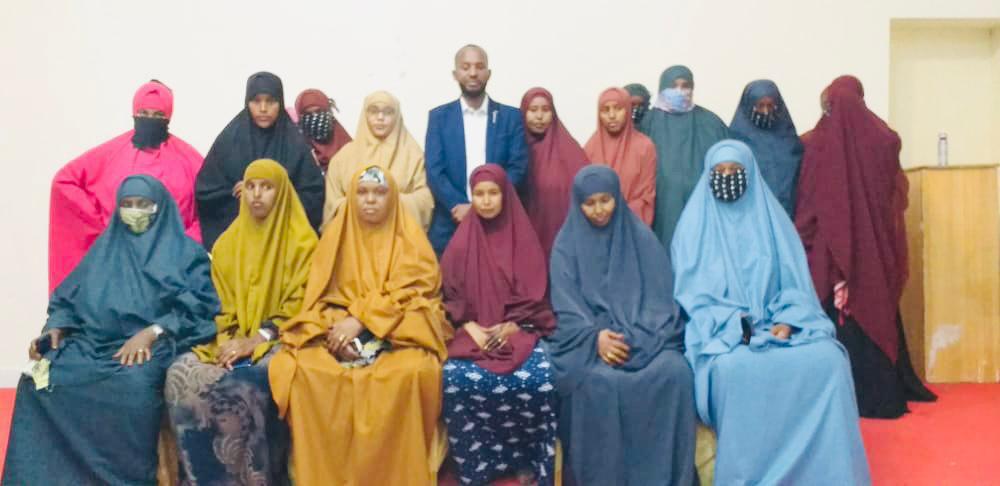
At RIO, we are deeply committed to protecting the rights and well-being of marginalized individuals, particularly orphans, vulnerable children, and women. We understand that these groups face numerous challenges and are more susceptible to exploitation, violence, and discrimination.
Our protection programs aim to address child protection issues, combat gender-based violence, advocate for women’s rights, and provide psychosocial support to survivors of violence. Through these interventions, we promote the principles enshrined in international legal instruments such as the Convention on the Rights of the Child (UNCRC) and the Convention on the Elimination of All Forms of Discrimination against Women (CEDAW).
By focusing on protection, we contribute to SDG 5: Gender Equality and SDG 16: Peace, Justice, and Strong Institutions. We believe that every individual deserves to live free from violence, abuse, and exploitation, and we work tirelessly to create a safe and secure environment for the most vulnerable members of society.
EDUCATION
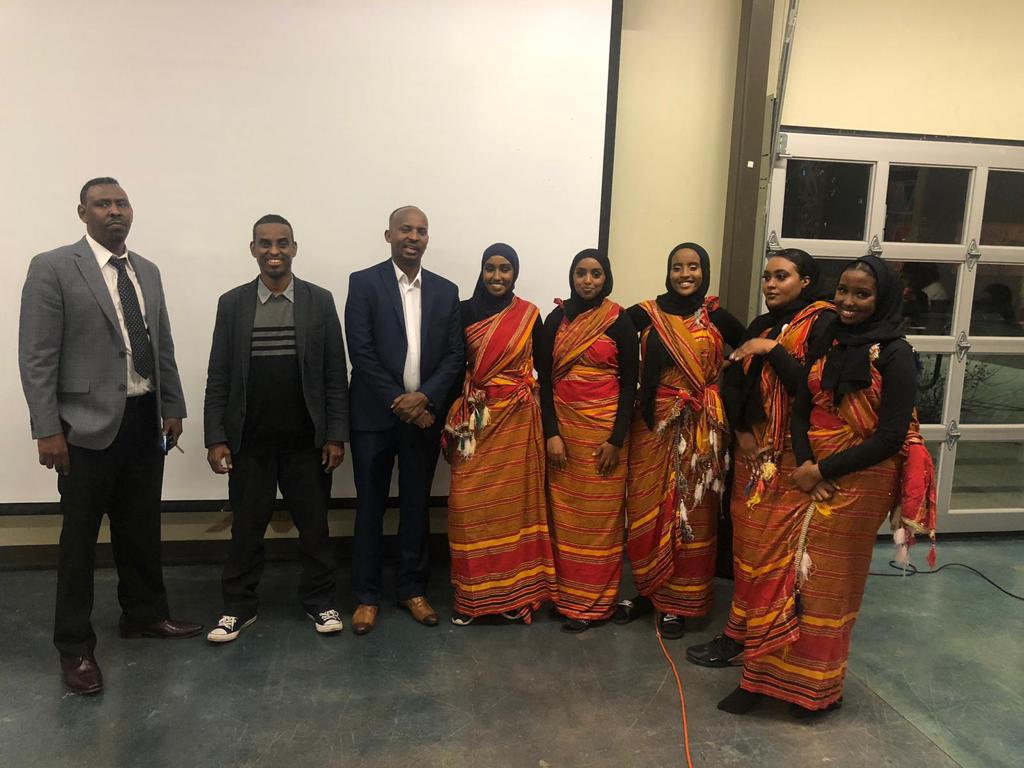
RIO recognizes that education is a powerful tool for empowerment and social transformation. We firmly believe that access to quality education is not only a fundamental human right but also a key driver of sustainable development.
Through our education initiatives, we invest in improving access to education, enhancing school infrastructure, providing scholarships and educational materials, and supporting vocational training programs. We prioritize the education of marginalized children and youth, recognizing the transformative impact it can have on their lives and communities.
Our work aligns with SDG 4: Quality Education, as we strive to ensure inclusive and equitable quality education for all. We also support the principles outlined in international covenants such as the International Covenant on Economic, Social and Cultural Rights, which emphasize the right to education and the importance of lifelong learning opportunities.
By empowering individuals through education, we contribute to our mission of empowering lives and transforming communities. We believe that education equips individuals with the knowledge, skills, and confidence to overcome poverty, participate actively in society, and contribute to sustainable global development.
WATER, SANITATION, AND HYGIENE (WASH)
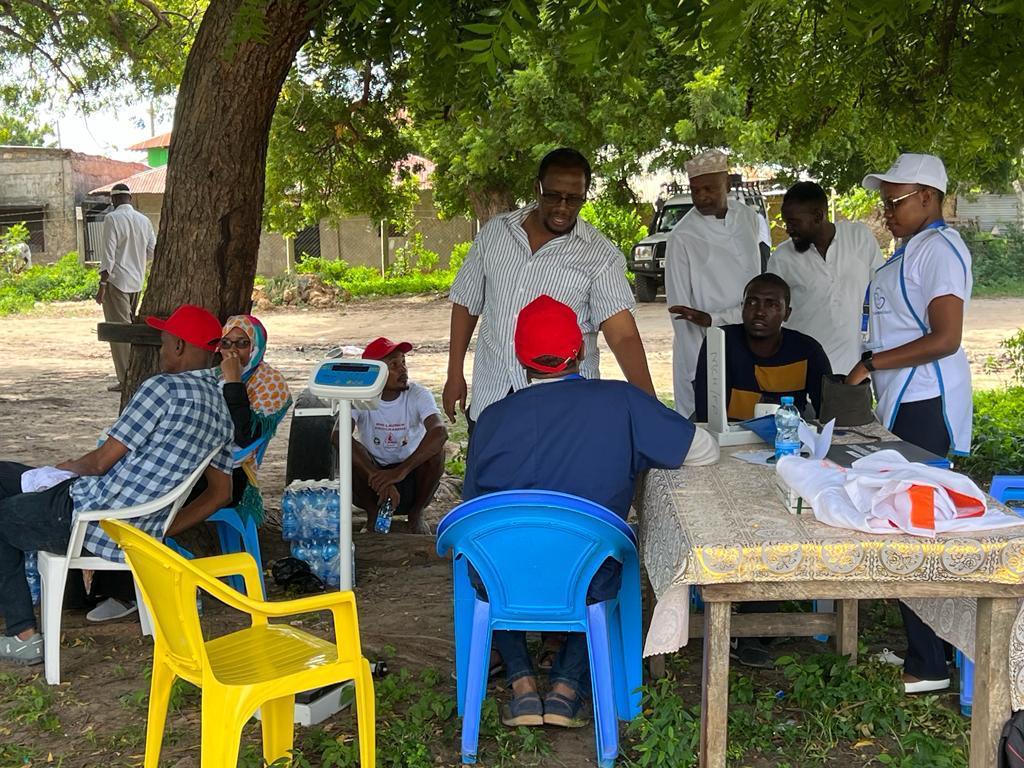
RIO recognizes that access to clean water, adequate sanitation, and proper hygiene practices are fundamental human rights and are vital for achieving optimal health and well-being. We understand that lack of access to safe water and sanitation facilities disproportionately affects disadvantaged communities, leading to preventable diseases and hindering socio-economic development.
Our WASH programs aim to improve water sources, construct sanitation facilities, promote hygiene education, and implement water management projects. By addressing these issues, we contribute to SDG 6: Clean Water and Sanitation, which emphasizes the importance of ensuring universal access to safe and affordable drinking water and adequate sanitation facilities.
Furthermore, our interventions align with other SDGs such as SDG 3: Good Health and Well-being and SDG 10: Reduced inequalities. Access to clean water, sanitation, and hygiene plays a crucial role in preventing waterborne diseases, reducing child mortality rates, and promoting healthier living conditions.
Through our WASH initiatives, we strive to empower communities, improve their quality of life, and contribute to sustainable development. We believe that everyone deserves access to clean water and sanitation, regardless of their socio-economic status or geographic location.
Overall, our interventions in good governance and peacebuilding, protection, education, and WASH are deeply rooted in our mission, vision, and core values. They reflect our commitment to empowering lives, transforming communities, and working towards a more equitable and sustainable world.
GEOGRAPHICAL COVERAGE

RIO operates both internationally and locally, with a primary focus on Africa. We are dedicated to addressing the development gaps and empowering marginalized individuals in African countries, particularly in regions such as Somalia. However, our programs and initiatives extend beyond Africa to other parts of the world, where there is a need for our expertise and support.
As an international NGO, RIO International collaborates with RIO national chapters such as RIO Kenya, RIO Somalia, relevant government authorities, and other key stakeholders to create sustainable change and impact in communities across borders. We believe in the power of collective efforts and global cooperation to address the complex challenges of poverty, inequality, and underdevelopment.
Each RIO National Chapter operates and work independently at national level but share common vision, mission, core values, policies, and procedures with RIO International.
- In all our interventions, Resourceful International Organization (RIO) is driven by a strong mission, guided by a compelling vision, and anchored in core values that promote empowerment, integrity, collaboration, resilience, equality, and sustainability. Through our thematic areas of focus and broad geographical coverage, we aim to make a meaningful difference in the lives of young individuals, children, and women, while transforming communities and contributing to sustainable global development.
